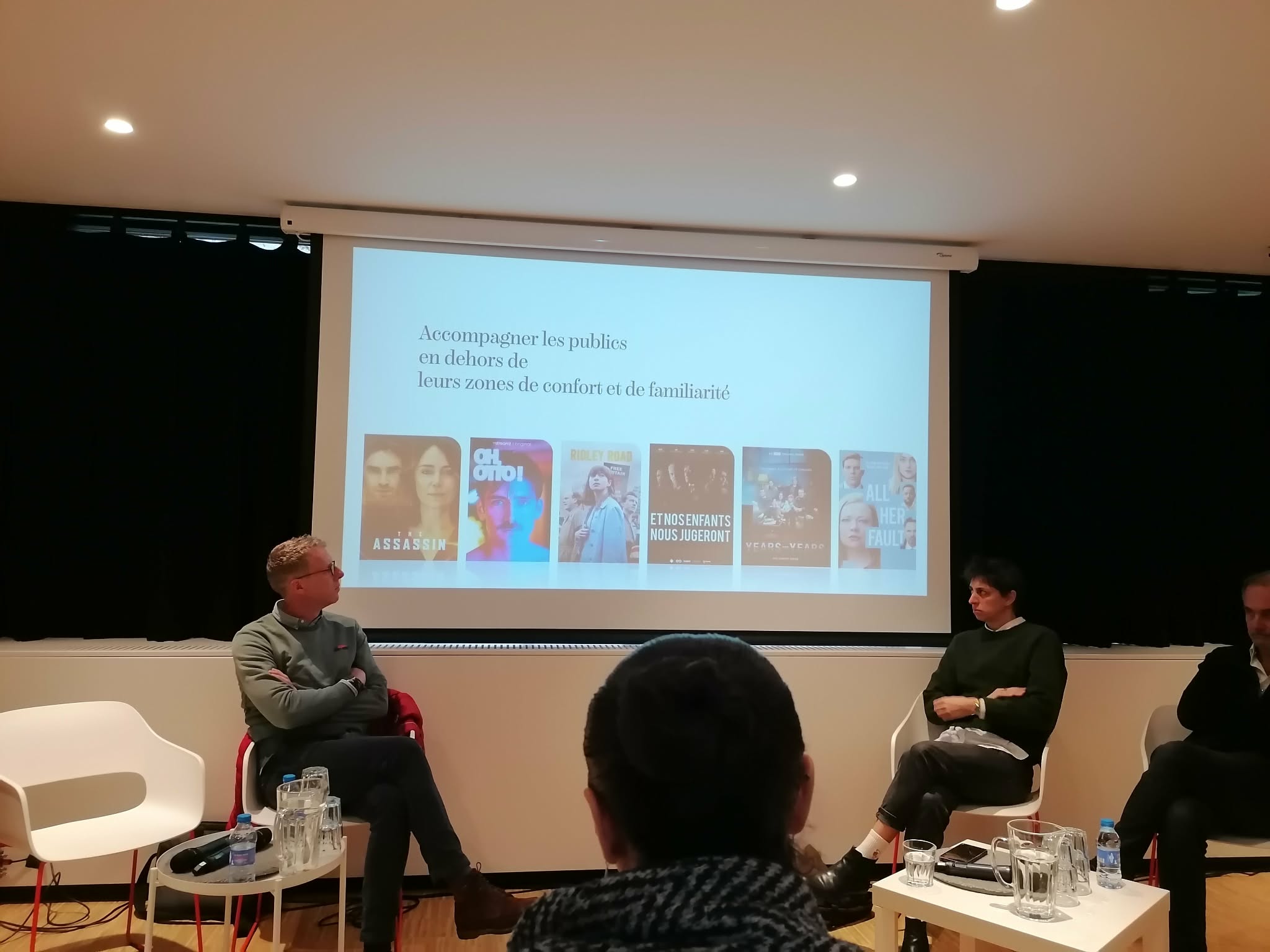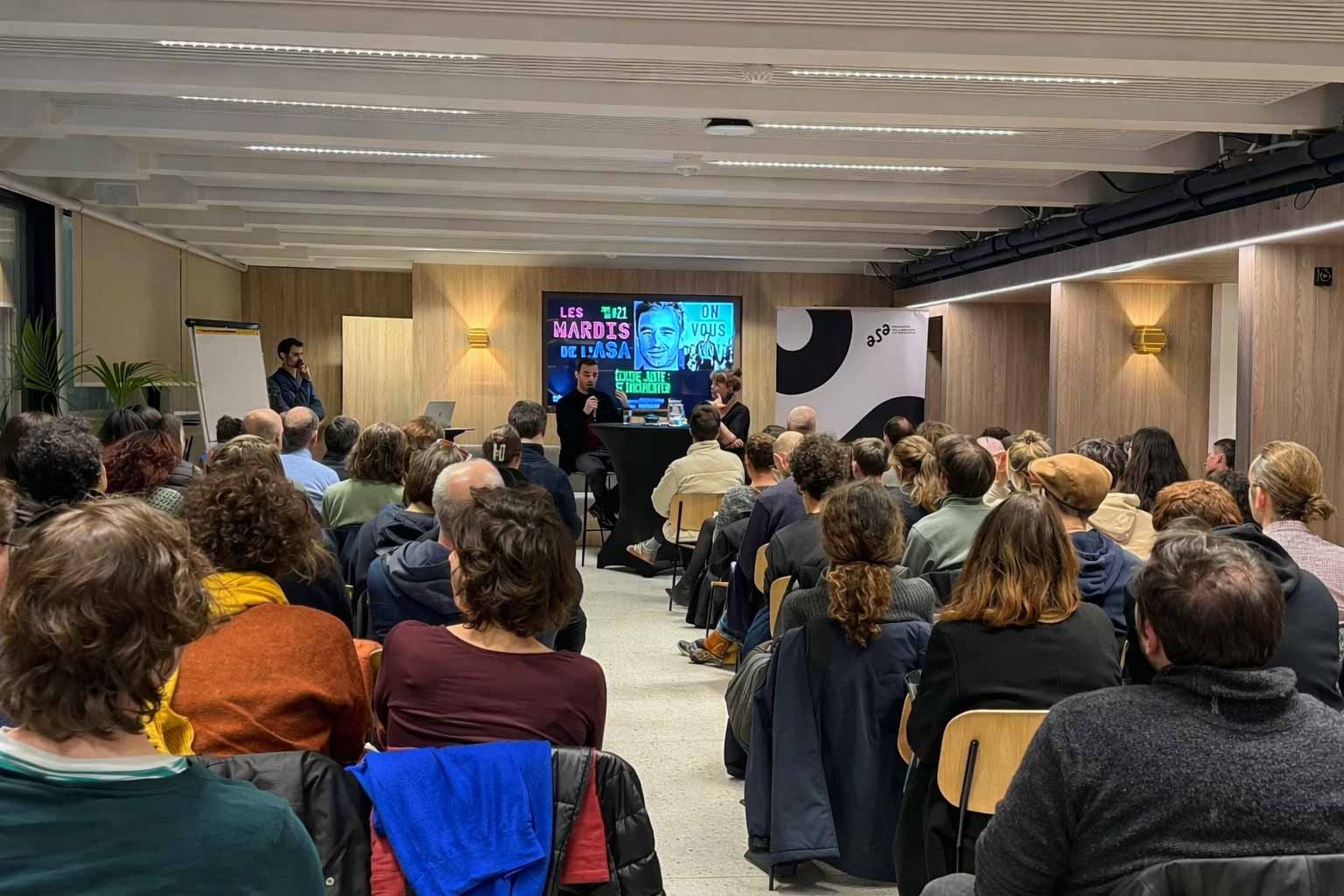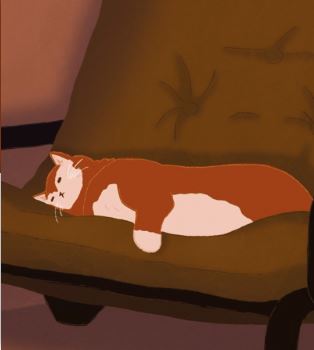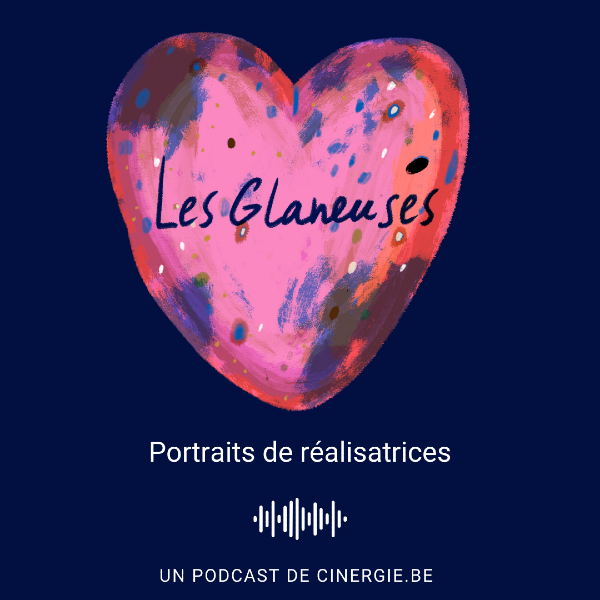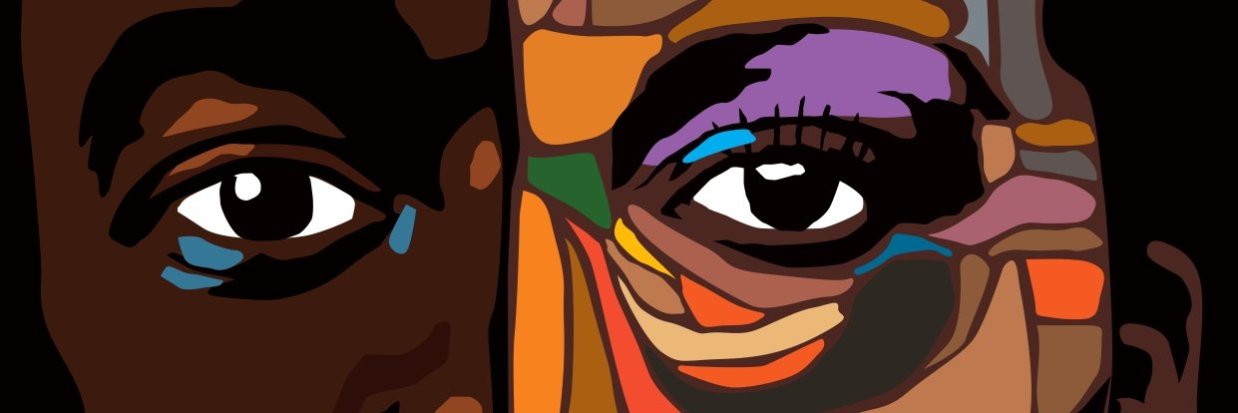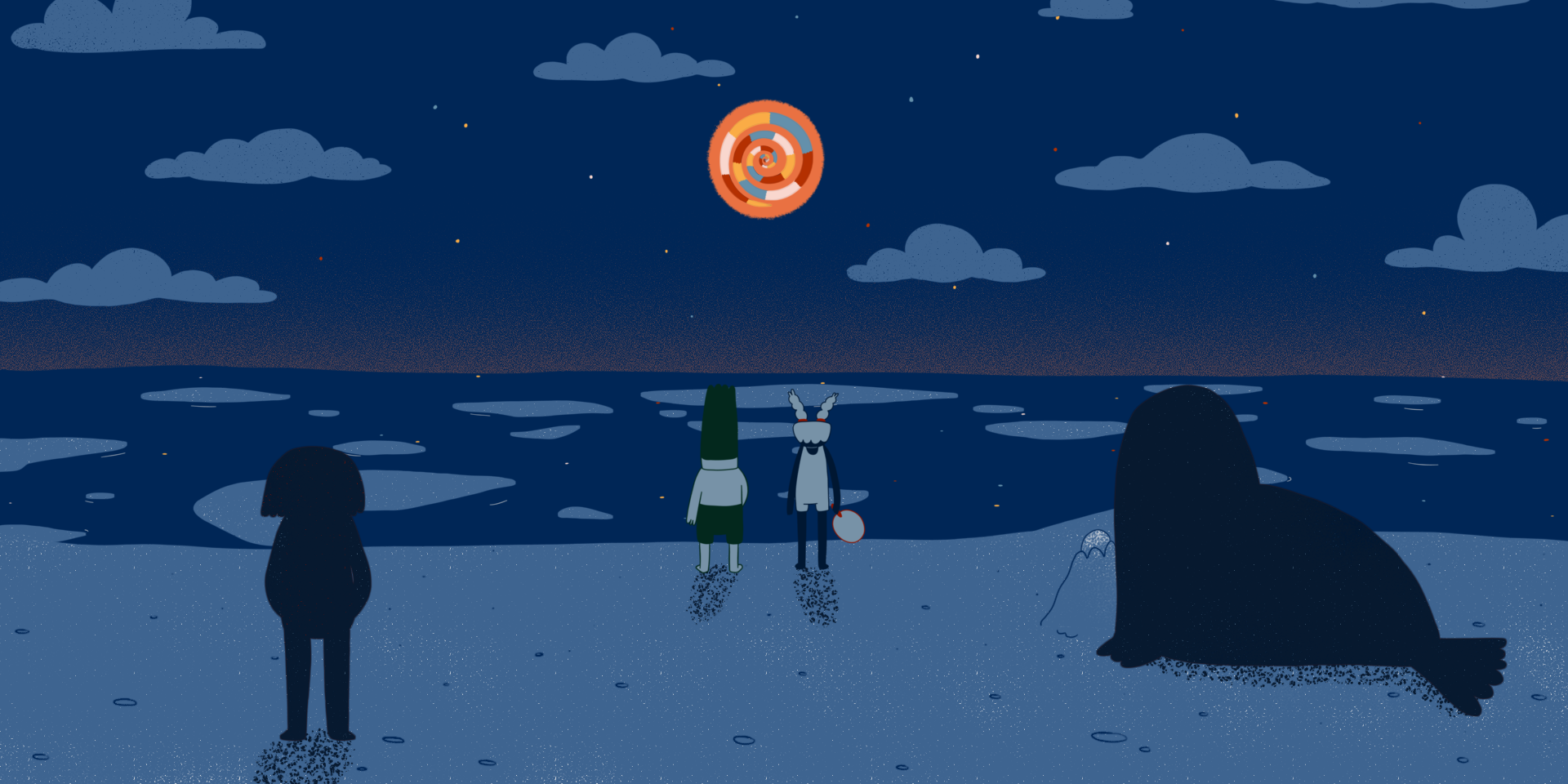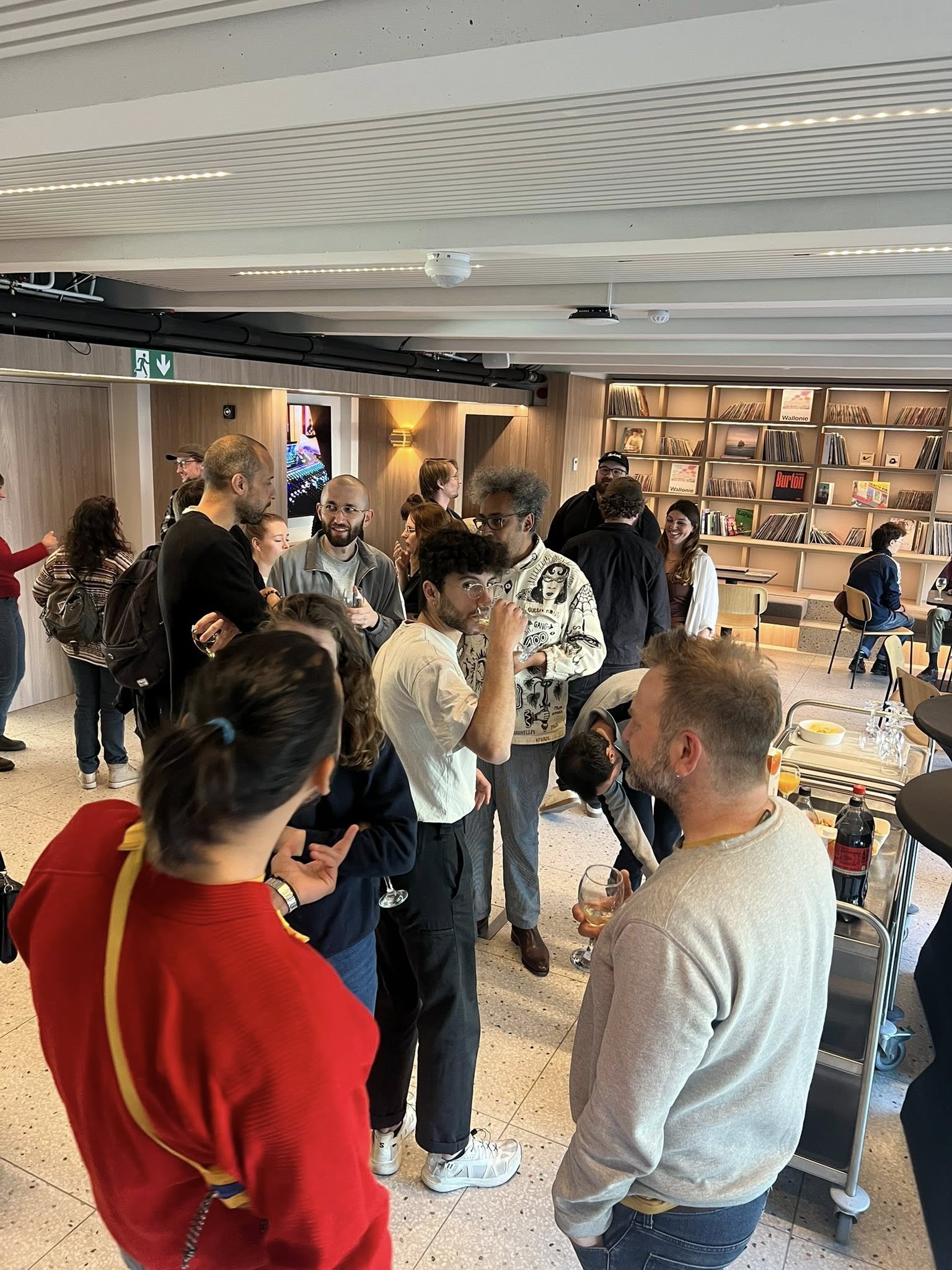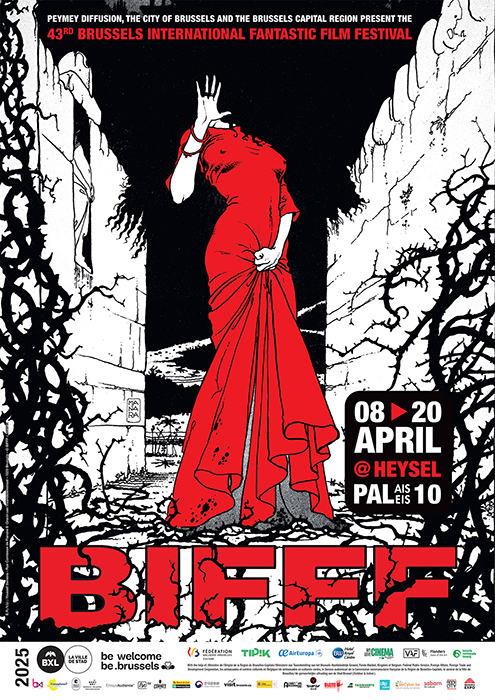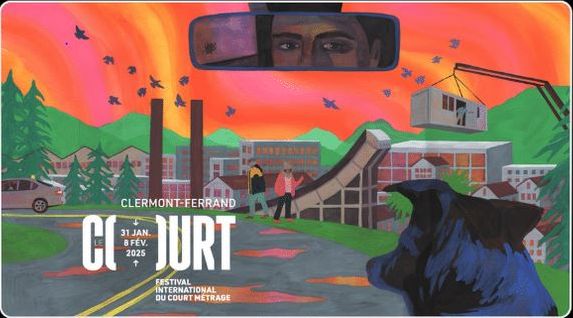The pain of memory
Thessaloniki or Salonika was called Madre de Yisrael (Mother of Israel) in Ladino, the language of the Sephardic Jews. After the Christian "Reconquista" finalized in 1492, Muslims and Jews were expelled from Isabel of Castile and Fernando of Aragon 'Spain, and found refuge all over the world, but mainly in Morocco and in Thessaloniki. For a long time, the Jewish community constituted more than half of the population of the city, which was then under Ottoman occupation.




